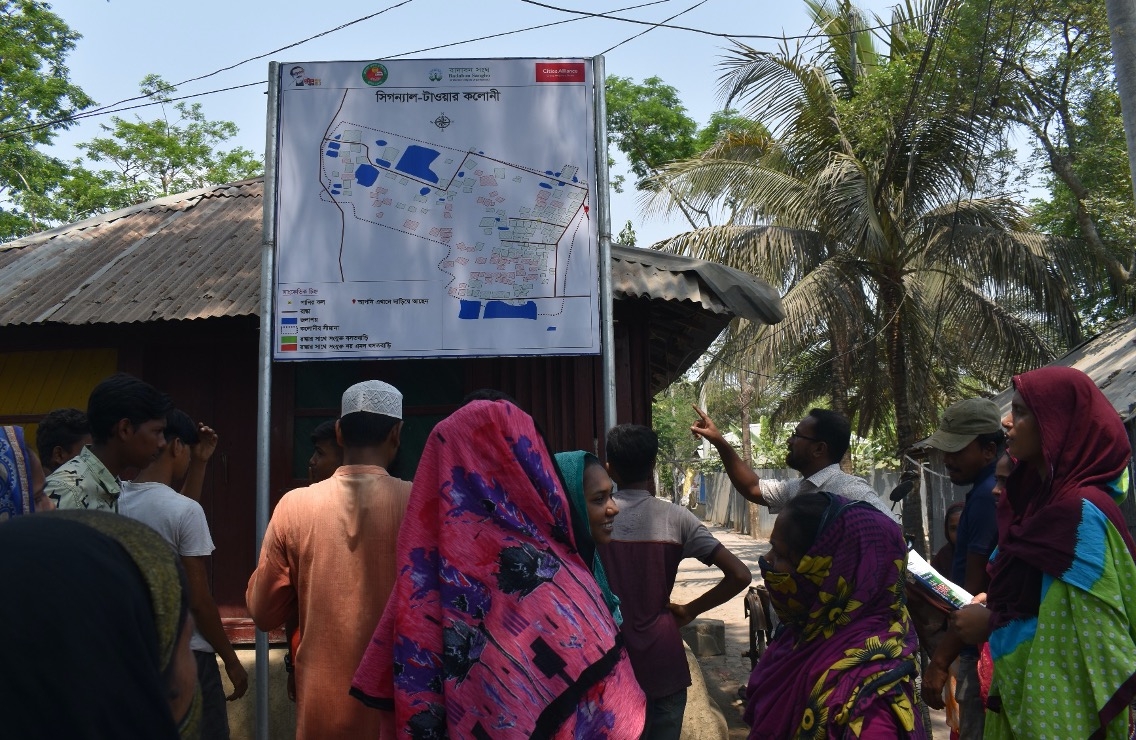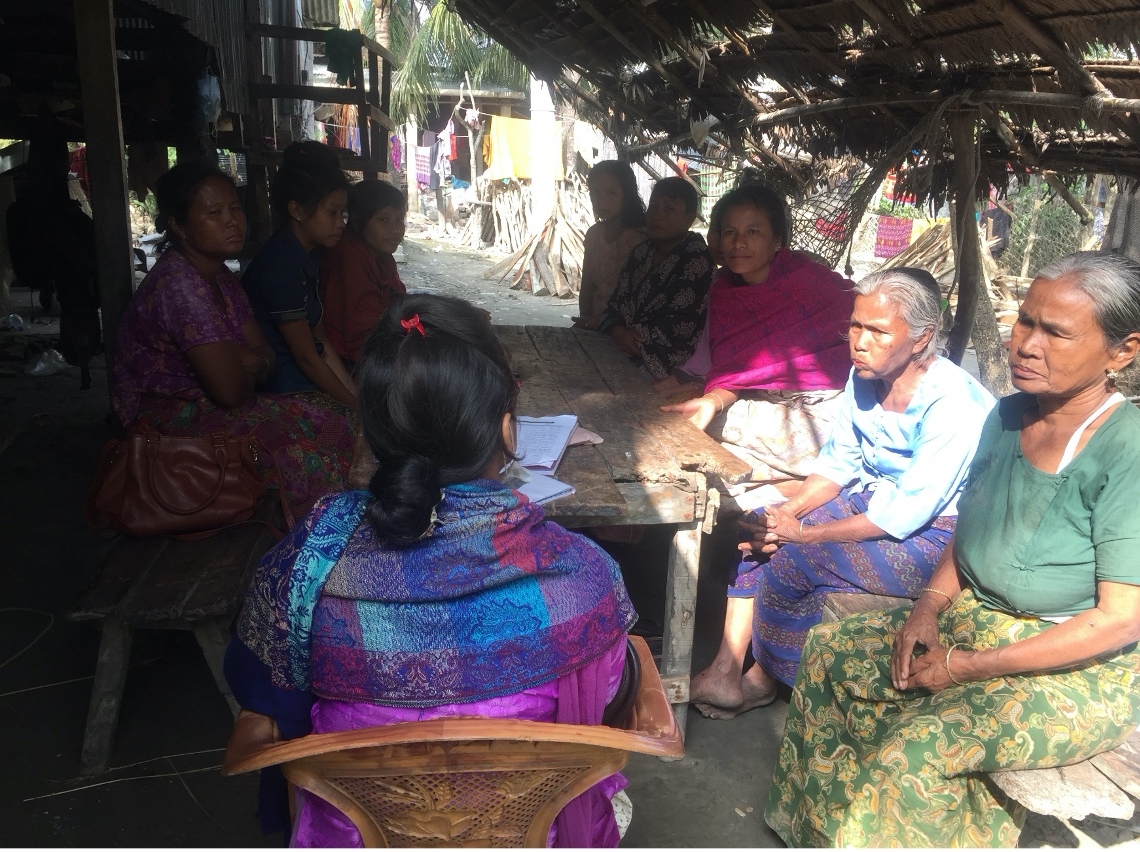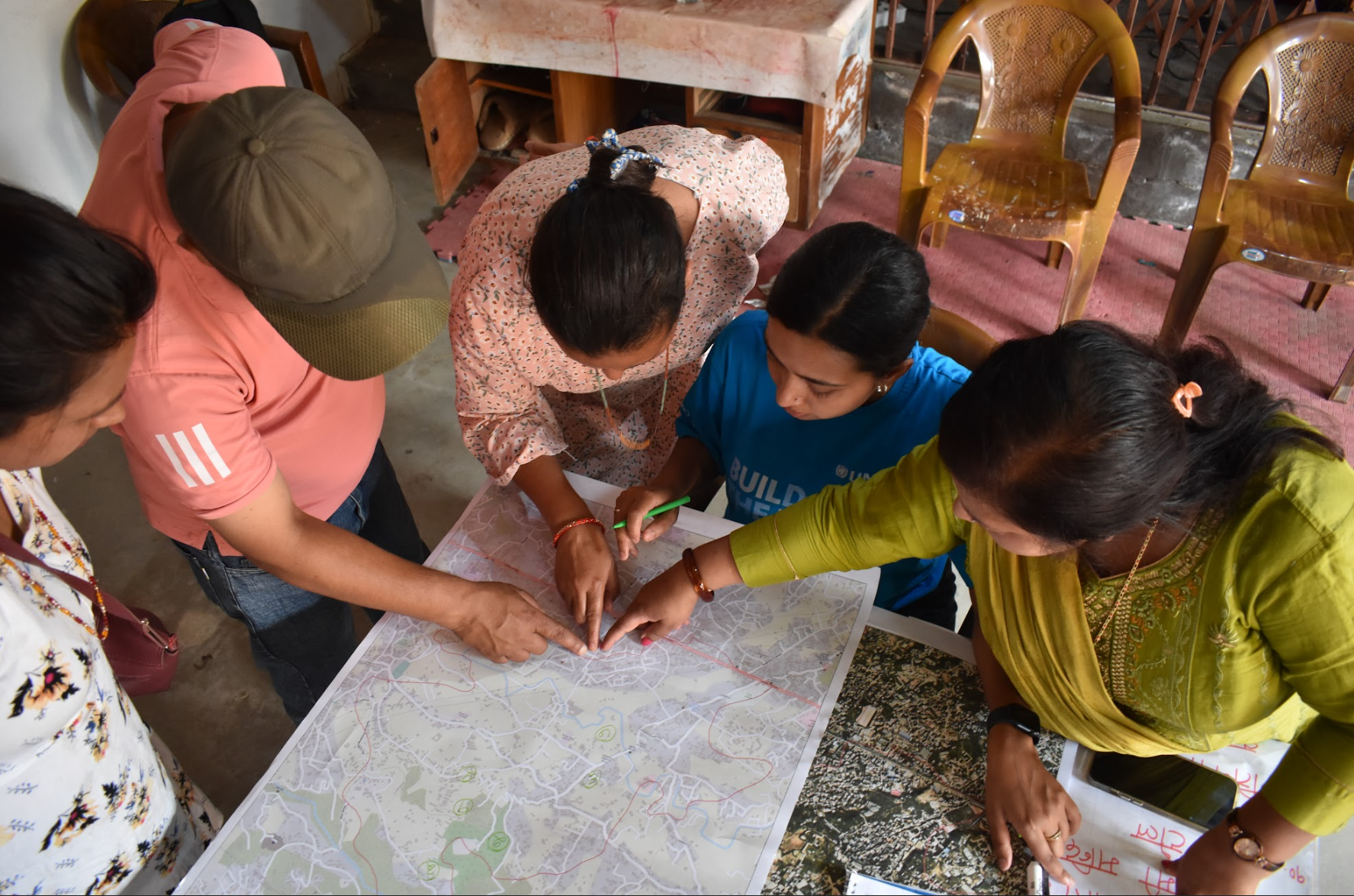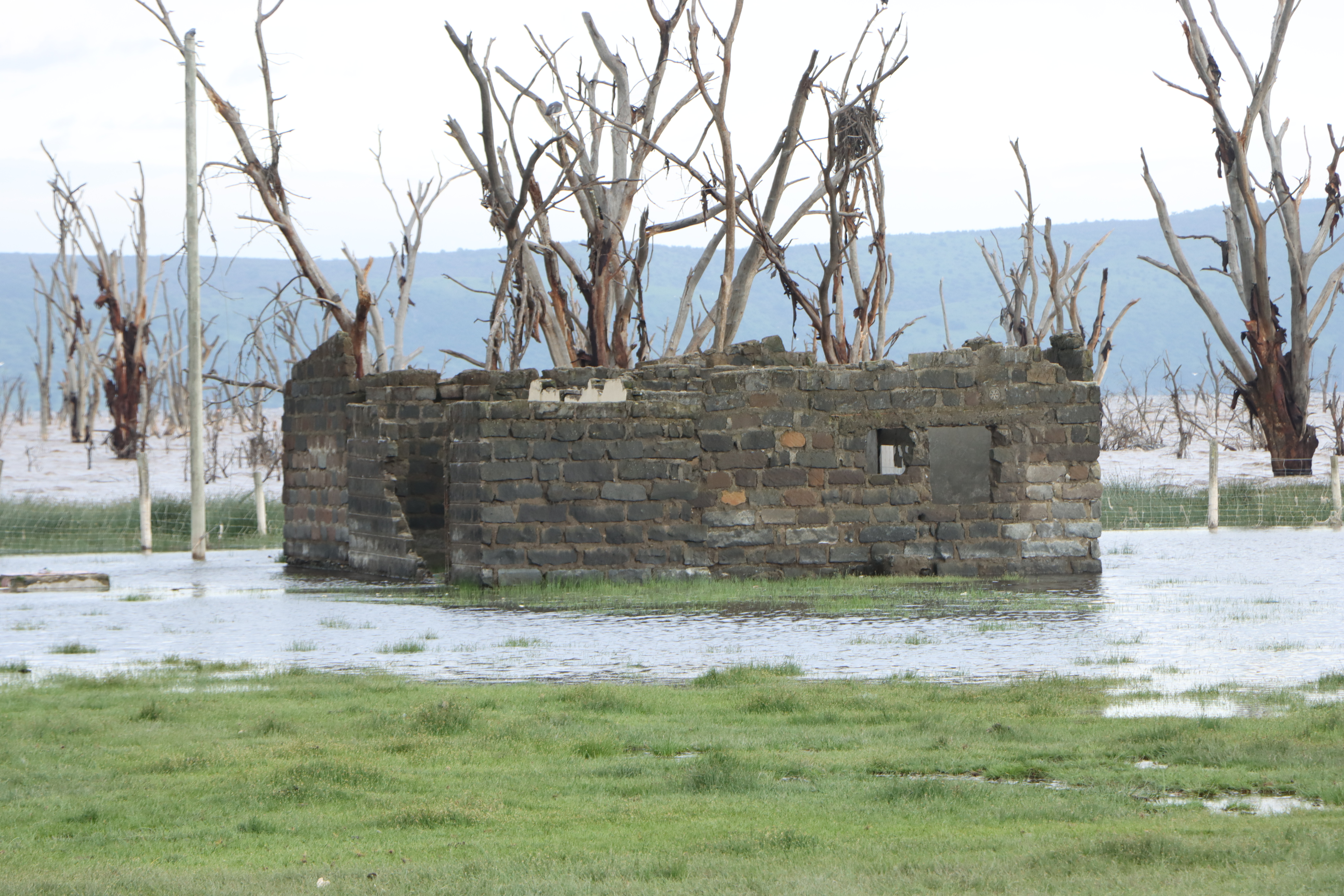Climate change is greatly affecting the densely populated cities and informal settlements around the Bay of Bengal. In Bangladesh, frequent cyclones and rising sea levels have flooded homes and communities, while saltwater intrusions have damaged soils and drinking water supplies.
Despite these impacts, vulnerable residents of informal settlements in Kuakata and Mongla, especially members of women-headed households and indigenous (Rakhine) families, lacked awareness of growing climate-related risks and had not been involved with community planning for climate resilience.
Local municipal authorities have lacked tools and methods for engaging members of vulnerable communities in the development of integrated climate resilience plans. At the same time, the additional challenges of the pandemic have placed additional demands on scarce city resources.
Through their innovative project, Climate Resilience Plans Development with Digital Maps in Bay of Bengal's Cities, Badabon Sangho, used a three-part approach to help address these evolving and complex issues. The project initially sought to build community awareness of climate risks and increase capacity for resilience planning, beginning with social mobilisation. Through a series of formal and informal "courtyard" community meetings, consultations, and learning sessions, the project reached 1,152 women-headed and indigenous households and oriented both residents and elected officials on the importance of resilience planning.

Climate Change Resilience Plan Development Committees were formed in Kuakata and Mongla, with members drawn from a broad range of stakeholders including women leaders, local elected officials, government officials, residents of informal settlements, human rights activists and local business people. In both cities, half of the committee members are women. Women have also received coaching and support to help build confidence and capacity in public speaking, which will help them better advocate for women’s issues and informal settlements.

In the second part of the project, 50 youth volunteers (32 girls and 18 boys) from local communities were trained in digital mapping and data collection with Android mobile device apps and Open Data Kit (ODK). The volunteers collected data for 770 households, including information on the needs and constraints of women-headed and indigenous households. They analysed the data and produced geospatial maps for 10 informal settlements, which they validated with residents and local authorities.
Finally, the geospatial maps and databases produced by the project were used by the Climate Change Resilience Plan Development Committees in both cities to create climate-integrated resilience plans for informal settlements. Four of the maps with climate resilience plans have been printed and displayed on billboards placed in both communities. The billboards and maps are seen as key tools for public awareness of the climate change resilience plan and will be considered in the next budget and future plan.
Badabon Sangho has also continued to assist communities in their response to COVID-19, such as through supporting their efforts to be included in government COVID-19 relief schemes. The project team also is engaging with vulnerable communities through courtyard sessions on critical areas. For example, meetings on COVID-19 health and hygiene practices have included discussion on non-hate speech towards women who are engaged in cleaning jobs, as well as anti-early marriage messages and support for survivors affected by violence. An additional benefit of the project has been the formation of the 45-member Women Fisher-folk Association, which will receive ongoing support.
This project is supported by Cities Alliance through the Stronger Partnerships: Local Innovations for New Climate Realities in Cities initiative, in partnership with the Swedish Development Cooperation Agency (Sida) and the German Federal Ministry of Economic Cooperation and Development (BMZ).





